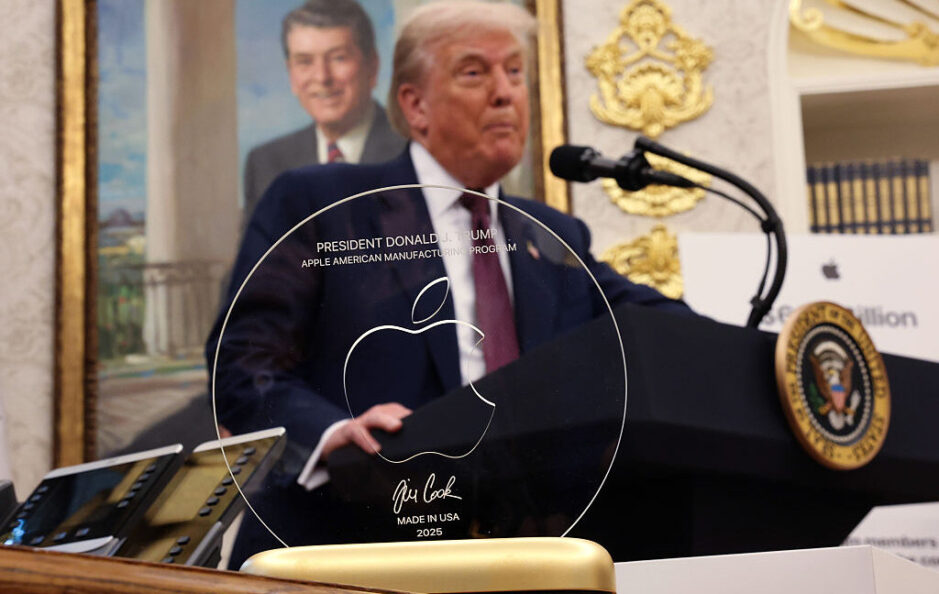Apple Navigates Trump’s iPhone Pressure Once Again
In the realm of international trade and corporate strategy, few companies have had as high a profile as Apple, especially during periods of political upheaval. The latest developments showcase how CEO Tim Cook adeptly maneuvers through political pressure, particularly from former President Donald Trump, as Apple aims to handle increasing scrutiny over its manufacturing practices.
A Familiar Scenario
Since Trump assumed the presidency, analysts have consistently pointed to Tim Cook as a tech CEO uniquely positioned to navigate the complex landscape of America’s trade policies. During his last term, Cook initiated a "charm offensive" to appease Trump, making promises of investments that would create jobs on American soil, while simultaneously securing tariff exemptions that would benefit Apple in the long run.
Despite lofty commitments announced in 2017 regarding building multiple domestic manufacturing plants, Apple ultimately delivered only one: a facility dedicated to producing face masks during the COVID-19 pandemic, rather than the iPhones that many expected. In 2019, a Texas facility was highlighted during a Trump visit, which the president touted as a future site for iPhone production. However, Apple limited its commitments there to manufacturing MacBook Pros, a move that underscored the company’s hesitation to fully commit to Trump’s vision of American-made iPhones.
Investment Commitments in Question
Recently, Apple announced plans to invest $600 billion over the next four years to increase its manufacturing footprint in the U.S. However, experts and analysts suggest this figure aligns closely with Apple’s previous spending patterns, indicating that such investments may have been planned regardless of pressure from the previous administration or current political dynamics. According to a report from Reuters, the investment aligns with commitments Apple made during both the Biden administration and Trump’s tenure.
Although Trump has warned that companies not adhering to their pledges could face retroactive tariffs, it appears Apple is continuing its operations without major changes to its manufacturing strategies. The current trade climate may not significantly impact how Apple decides to manage its international production.
Moving Forward with Exemptions
So, as of now, Cook’s relationship with Trump remains relatively stable. Apple seems to have once again navigated the political landscape successfully, sidestepping further scrutiny while maintaining its international supply chain. The company has not committed to manufacturing iPhones in the U.S. yet, which was once a significant aspect of Trump’s agenda.
Analyst Nancy Tengler, CEO and CIO of Laffer Tengler Investments, which holds Apple shares, recently characterized Apple’s current moves as "a savvy solution" to Trump’s demands for U.S.-based iPhone manufacturing. This statement underscores how Cook’s strategic responses are perceived in the financial community.
The Broader Implications
The implications of Apple’s dealings in this political landscape are multifold. On one hand, the tech giant continues to assert its position as a leader in innovation and global supply chain management. On the other hand, the ongoing tug-of-war between corporate commitments and political pressures raises questions about the future of American manufacturing.
As discussions around job creation and domestic production intensify, Apple serves as a case study in corporate adaptability. Yet, its hesitance to fully embrace Trump’s vision of a domestic manufacturing renaissance could signal broader challenges for American companies amid evolving international trade policies.
In conclusion, Apple’s carefully calibrated approach exemplifies the intricate dance between corporate interests and political demands. The success of this strategy may have lasting implications not only for Apple but also for the future of manufacturing and international trade policies in the U.S.









